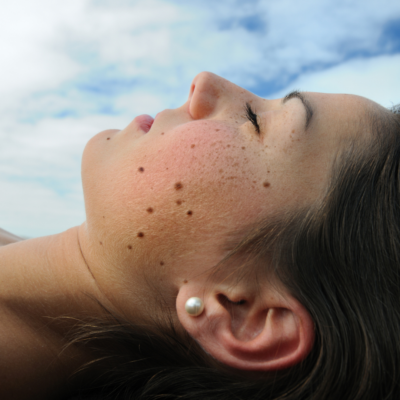Jock Itch Q&A
If you have ever fallen victim to jock itch, you are probably aware of just how uncomfortable the condition can be. To better understand what jock itch is and what you can do to treat and prevent it, we spoke with an expert in medical dermatology. He sheds some light on how and why this pesky condition occurs, as well as how to identify, and prevent it. He also goes into the importance of getting jock itch treatment right away.
What is jock itch? How is it identified?
Patients typically come into the office expressing concerns of itchiness and irritation in the groin area and that is a primary indicator of jock itch. This occurs in combination with a red, ring-shaped rash in the groin area.
What causes jock itch to occur?
Jock itch can result from the mechanical friction of clothing, moisture, from yeast, bacteria or a fungal organism. The fungal organism (tinea) is very similar to athlete’s foot (tinea pedis) and is actually the same fungal organism that causes jock itch (tinea cruris).
Who is at risk of getting jock itch?
Although the condition is called jock itch, athletes are not necessarily more at risk than any particular individual. While it is possible for women to get jock itch, the condition primarily affects men.
How do you treat jock itch?
Prescription creams can treat and protect the skin from breaking down. You can get an over-the-counter antifungal cream or you can get a prescription cream from a physician. Jock itch typically responds to treatment within a week, though results vary from patient to patient. If symptoms of jock itch last longer than a week without responding to an over-the-counter cream, see your physician or dermatologist.
What happens when left untreated?
Jock itch typically will not go away spontaneously. If left untreated, the infection can spread. It may continue to extend down the front and back of the legs until you seek proper treatment.
If you believe you may be suffering from this condition, see your physician for proper diagnosis and jock itch treatment.
Individual results may vary and are not guaranteed.



 / 291 Reviews
/ 291 Reviews